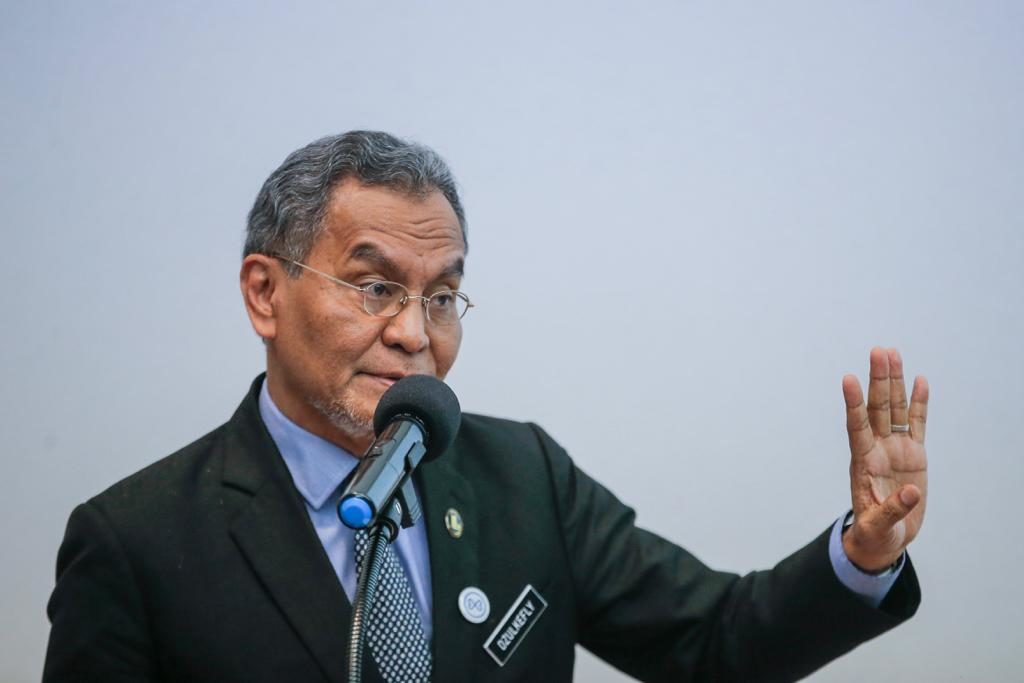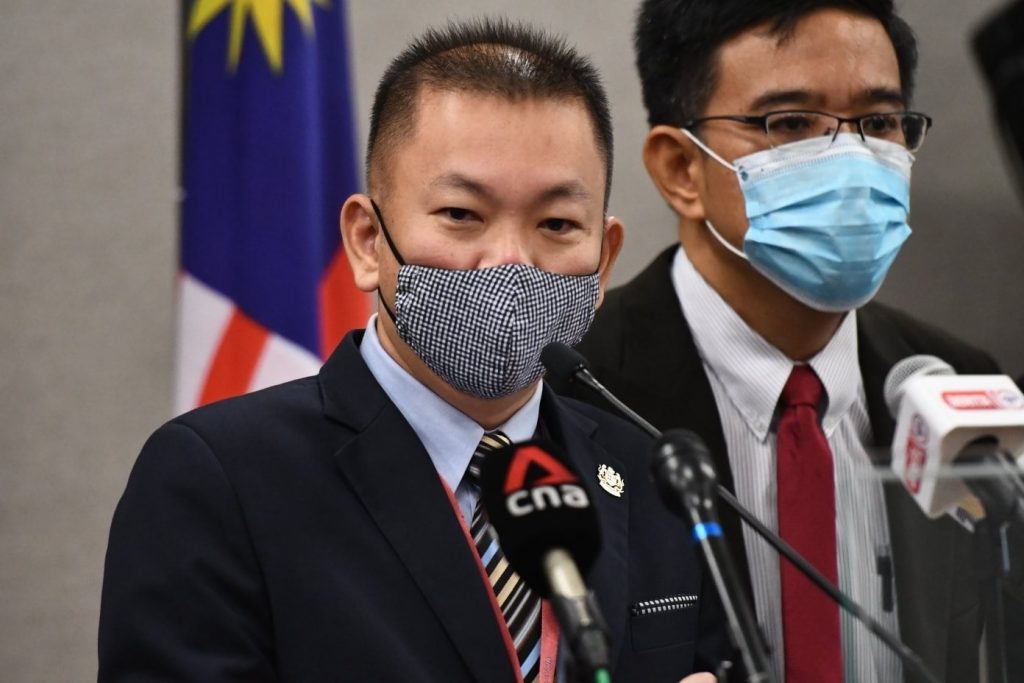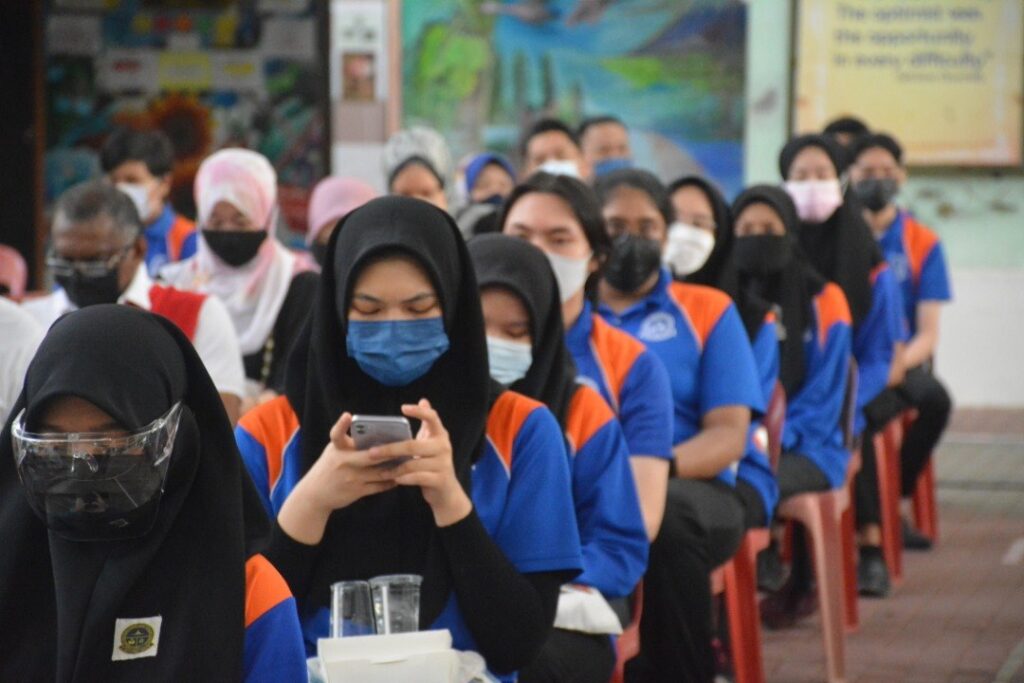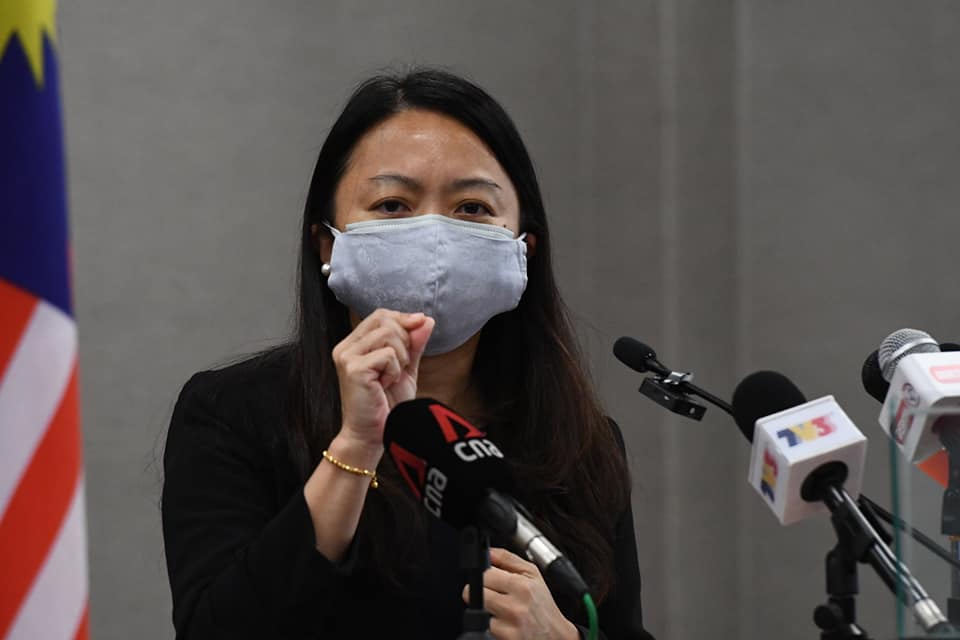KUALA LUMPUR, Oct 27 — Opposition lawmakers urged the government to prepare for backlogged non-Covid cases and a future surge of Covid-19 infections by increasing health allocations in Budget 2022.
Several Pakatan Harapan (PH) MPs called for a digitised health care system, development of health infrastructure in Sabah, upgrading public health clinics, and boosting Covid-19 precautionary measures in schools.
Sarawak’s Bandar Kuching MP Dr Kelvin Yii requested the government to allocate 4 per cent of the country’s gross domestic product (GDP) to the Ministry of Health (MOH) in Budget 2022.
That includes investment into public health capacity to deal with a potential surge of Covid-19 cases, as the nation transitions into an endemic phase.
“I hope to see an expansionary budget towards health care, especially in view of Covid-19 and deal with the backlog of non-Covid cases caused by the pandemic itself,” Dr Yii told CodeBlue.
The DAP lawmaker highlighted the necessity to further expand the government’s Peka B40 scheme — which provides free health screenings and other benefits to low-income Malaysians — to widen diagnosis of non-communicable diseases (NCDs).
“Although I do hope significant investment will be put into tackling NCDs which have been a chronic time-bomb, potentially bigger than Covid-19 itself in our country.
“This includes expansion of Peka B40 for health screening and identifying such issues earlier and making necessary interventions.”
Fix Understaffed, Underfunded Health Care System

As an upper middle income country, Malaysia should address its “understaffed and underfunded” health care system in Budget 2022, according to former Health Minister and Kuala Selangor MP Dzulkefly Ahmad.
“The pandemic exposed it all, especially the sorry state of inequity of health facilities and staffing in both Sabah and Sarawak, compared to West Malaysia,” Dzulkefly told CodeBlue.
The former health minister said that the government should at least allocate 3 per cent of GDP for the health sector, or approximately RM40 billion, and achieve effective spending, as well as address inefficiencies and leakages.
At the same time, the Amanah lawmaker mentioned that Malaysia should strengthen long overdue digital health care delivery.
“The spine to this is the ‘Electronic Medical Record’ that will eventually see how patient-centred management will be significantly enhanced,” he said, referring to the project that he had started when he was health minister under the PH government.
“We have been pussy-footing on this for far too long and after much inefficient spending on this for almost a decade, there is really nothing much to shout about.”
So Dzulkefly called on the government to provide a strong commitment to implement the EMR system widely and in a transparent manner.
“Imagine how we could have managed differently with EMR during the Covid-19 pandemic. Imagine how efficient we will be, managing the looming NCD crisis, through both horizontal integration of all public clinics and vertical integration of clinics and hospitals.”
More Health Allocations For Sabah

Sabah’s Kota Kinabalu MP Chan Foong Hin shared his hope to have more health allocations in Budget 2022 in order to improve basic health facilities and equipment in Sabah.
“For example in Sabah, so far we do not have a single PET-CT scan in any of our hospitals for early detection of cancer by oncologists.
“Many Sabahans had to travel elsewhere for such diagnosis of cancer, and I would love to add such a facility into my wishlist,” Chan told CodeBlue.
He highlighted how Sabahans from rural areas had to travel a long distance to cities to seek treatments that are unavailable in public health facilities near their homes.
“The ratio between population and specialists such as obstetrics and gynaecology specialists, paediatricians, surgeons, anaesthetists, are getting wider and wider with the increase in population, and more of such positions have to be created in Sabah, especially in government health facilities in rural areas.”
Chan shared heartbreaking experiences of Sabah residents suffering difficulties in seeking treatment for heart conditions, for example, because the state lacks catheterisation labs to perform several types of tests and procedures like ablation, angiogram, angioplasty, and implantation of pacemakers.
“For example, if patients in Tawau suffer from heart attack and chest pain, what they can do is they have to wait until they are stable and only after they are stable (and if they survive), then they have to come to Kota Kinabalu by ambulance,” Chan added.
“You cannot transfer the interventional cardiologist to Tawau, because they don’t have the cath lab and the facilities.
“Same goes to Sandakan. For every district in Sabah, only the Queen Elizabeth 2 Hospital can perform an angiogram and angioplasty, which is very bad,” said the DAP lawmaker, referring to the tertiary facility in the state capital of Kota Kinabalu.
Improve Public Health Clinics, Make Schools Safer

Segambut MP Hannah Yeoh called on the government to strengthen public health clinics at the district level by equipping them with sufficient basic infrastructure like laptops, internet facilities, and air cooler.
“During Covid pandemic and lockdown, it was evident these district facilities were stretched beyond imagination,” Yeoh told CodeBlue.
“So when MOH can breathe a little now, the budget must be spent on preparing and equipping us for the next Covid-19 wave.”
Subang MP Wong Chen mentioned that schools, particularly primary schools, should be equipped with enough Covid-19 self-test kits and face masks to create a safe environment for the unvaccinated community that mostly comprises children.
Children below the age of 12 are not yet eligible for coronavirus vaccination.
“The government should also allocate sufficient test kits and masks for school children, in particular those below 12 years old, since they are not vaccinated and will soon return to school,” Wong told CodeBlue.








